1. The Twilight Zone
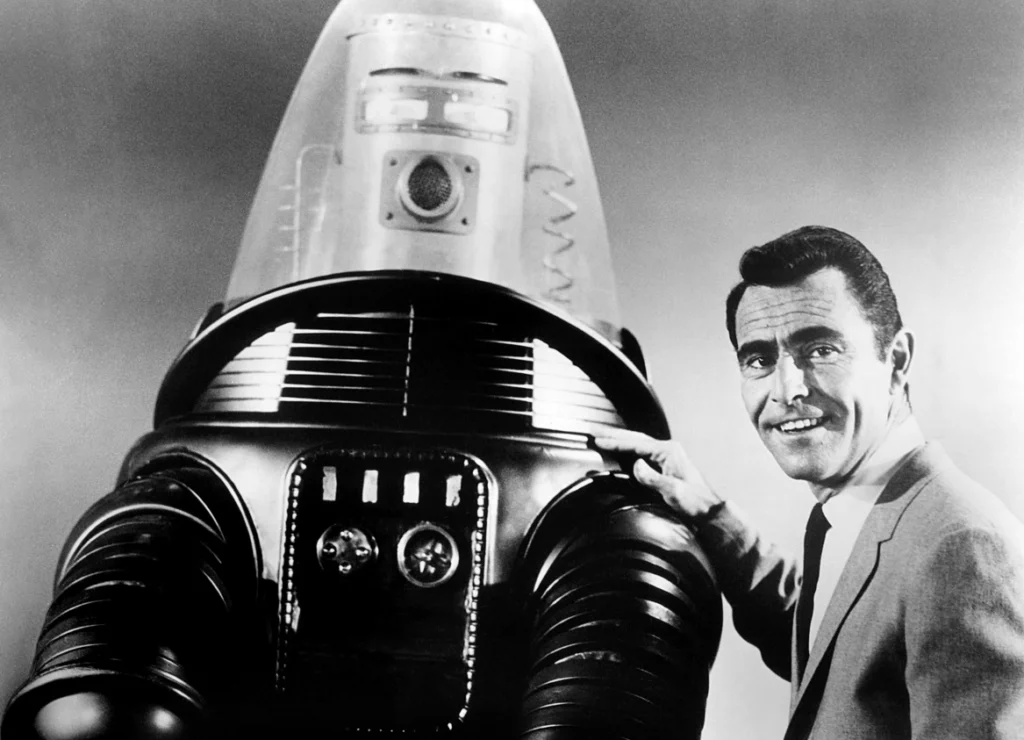
The Twilight Zone may seem like a straightforward anthology of eerie, otherworldly tales, but its creator, Rod Serling, infused every episode with sharp social commentary. The show was often a mirror reflecting the fears, prejudices, and political issues of the time. Whether it was an allegory about McCarthyism or a critique of materialism, The Twilight Zone tackled everything from racism to the dangers of unchecked technological advancements. Serling himself was outspoken about his desire to address issues head-on, and his passion for pushing boundaries was evident in every twist-filled narrative.
While the science fiction aspect drew audiences in, the underlying messages stayed with viewers long after the credits rolled. In one memorable episode, “The Monsters Are Due on Maple Street,” the fear of the unknown was exposed as a destructive force, showing how paranoia can tear apart communities. The show used its fantastical premise to explore the darker side of human nature and the struggles of living in a rapidly changing society, making it more than just a show for sci-fi fans.
2. Star Trek
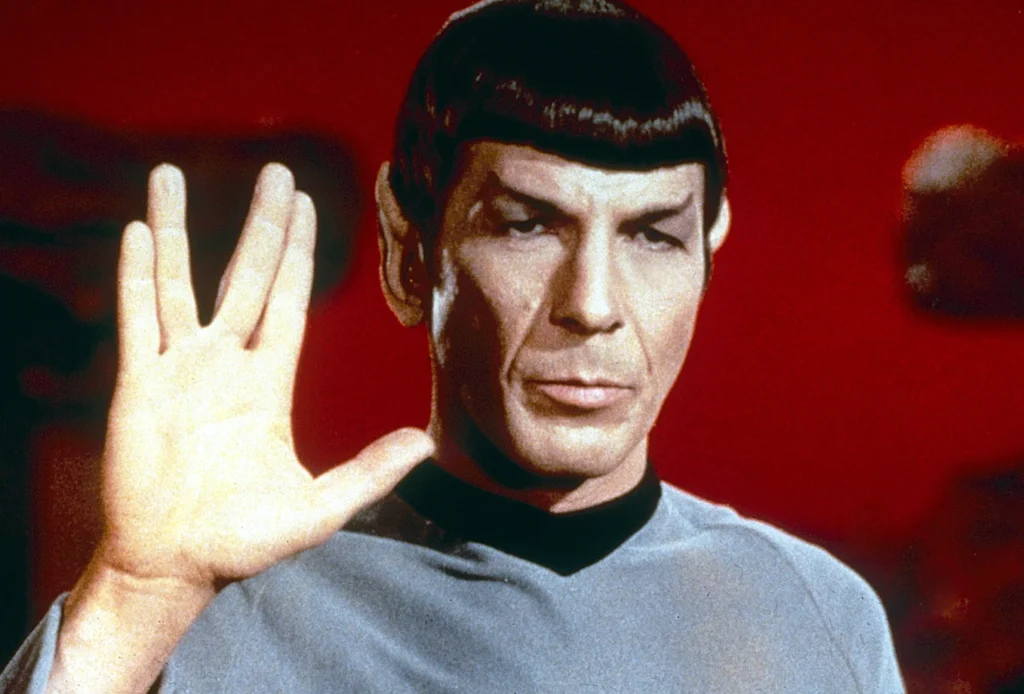
It might be surprising to some that Star Trek—with its shiny spaceships and intergalactic missions—was one of the most progressive TV shows of its time. Gene Roddenberry’s vision for a “utopian future” was filled with deep social messages, tackling issues such as racism, war, and inequality. With a diverse crew aboard the Starship Enterprise, the show emphasized unity and cooperation across cultures, breaking down barriers that were very real in the ’60s.
One of the most groundbreaking moments came with the famous interracial kiss between Captain Kirk and Lieutenant Uhura in 1968, challenging traditional ideas about race and relationships. Through its storylines, Star Trek explored the importance of diplomacy over violence, environmental responsibility, and the need to accept differences in others. The show’s ideals continue to resonate, showing just how much more than a sci-fi adventure Star Trek was.
3. The Beverly Hillbillies
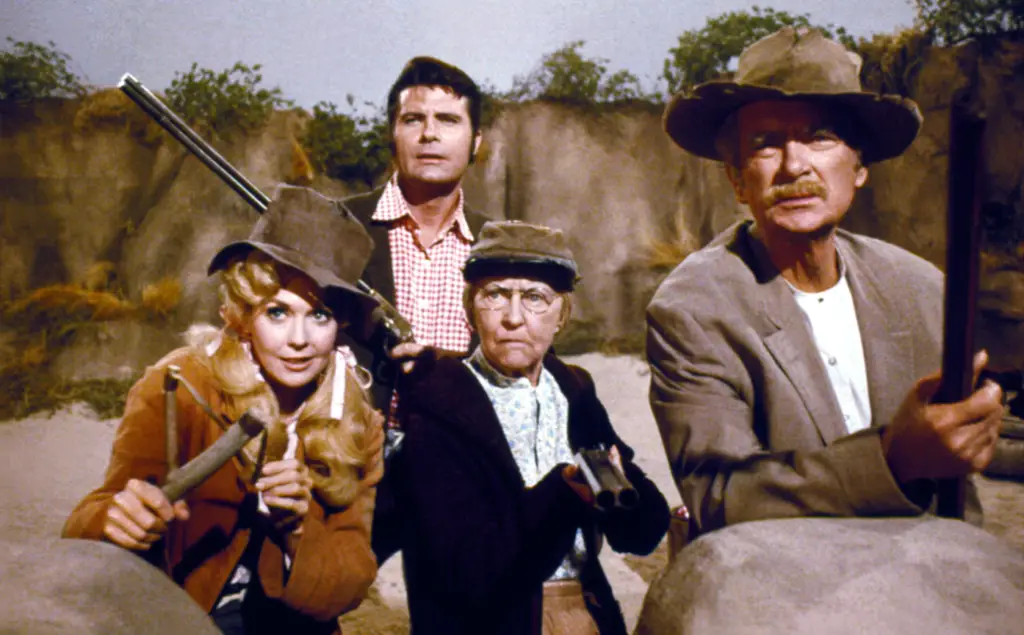
At first glance, The Beverly Hillbillies appears to be a simple sitcom about a hillbilly family who strikes it rich and moves to Beverly Hills. However, beneath the slapstick comedy, the show offered a biting critique of class, wealth, and social mobility. The juxtaposition of the simple, homespun characters with the glitzy, superficial world of Hollywood’s elite was an ongoing commentary on the American dream and the absurdity of societal values placed on money and status.
While the Clampetts’ rural roots provided plenty of humor, their honesty and naivety often exposed the shallow nature of their wealthy neighbors. In a time of growing social unrest and dissatisfaction with the American establishment, The Beverly Hillbillies subtly questioned the true meaning of success and whether money could truly buy happiness. It was a show that mocked both the rural poor and the wealthy elite, highlighting the flaws in both.
4. The Andy Griffith Show
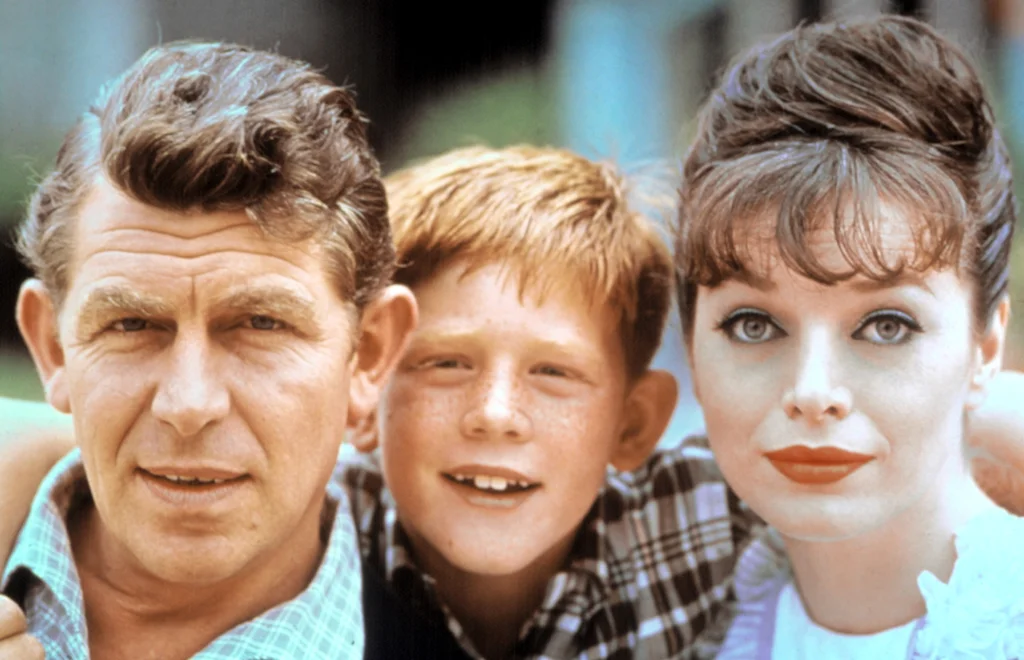
On the surface, The Andy Griffith Show was a wholesome, feel-good sitcom about life in the fictional town of Mayberry. However, it wasn’t afraid to tackle some tough issues through its relatable characters. The show addressed everything from corruption in local government to the treatment of outsiders in small-town communities. While the tone was always gentle, the show never shied away from showing the complexities of life in America.
One notable episode, “The Big House,” saw Andy Taylor dealing with a wrongful arrest, exposing how easy it was for someone to be wrongly accused in a system that was supposed to protect them. The show also reflected on the changing roles of women, with characters like Thelma Lou and Helen Crump stepping outside traditional expectations, making the series much more progressive than many of its counterparts. It was a series that explored societal norms with subtlety, all while making viewers smile.
5. The Smothers Brothers Comedy Hour
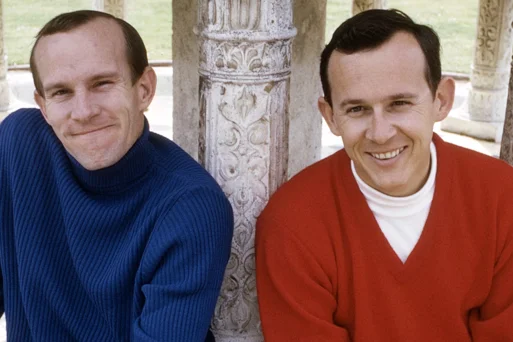
The Smothers Brothers Comedy Hour was a variety show that combined comedy sketches, music, and political satire, making it one of the most controversial shows of the ’60s. While it was packaged as light entertainment, the Smothers Brothers pushed the envelope with their humor, taking direct aim at government corruption, the Vietnam War, and the civil rights movement. The brothers were often censored for their politically charged content, but they refused to back down, making their show an important platform for social critique.
The show frequently invited musical guests like Bob Dylan and Pete Seeger, who were also outspoken about social and political issues. The Smothers Brothers were in many ways ahead of their time, using humor to comment on the cultural and political upheaval of the ’60s. Their blend of satire and entertainment made their show one of the few to balance comedy with deep social commentary, forcing audiences to think while they laughed.
6. All in the Family
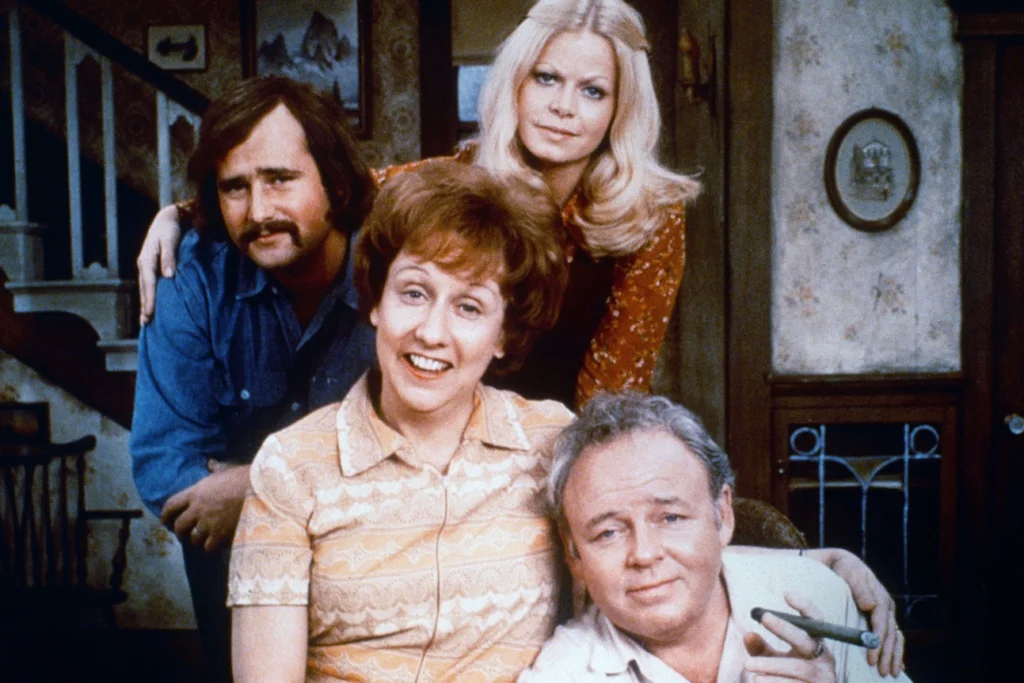
All in the Family broke new ground in the ’70s by tackling issues like racism, sexism, and homophobia through the character of Archie Bunker. The show didn’t just rely on humor—it used comedy to expose and challenge societal norms. Archie was a bigoted, working-class man whose outdated views were often ridiculed, but the show used his character to highlight the stark divide between traditional values and the changing attitudes of the time.
The show was often controversial for its honest portrayal of tough topics, but it also set the stage for other sitcoms that would follow in its wake. By confronting issues head-on, All in the Family became a cultural touchstone, showing just how powerful television could be as a tool for social change. Through its bold humor and biting critiques, the show challenged viewers to reflect on their own beliefs and biases, marking it as one of the most important TV shows of the era.


